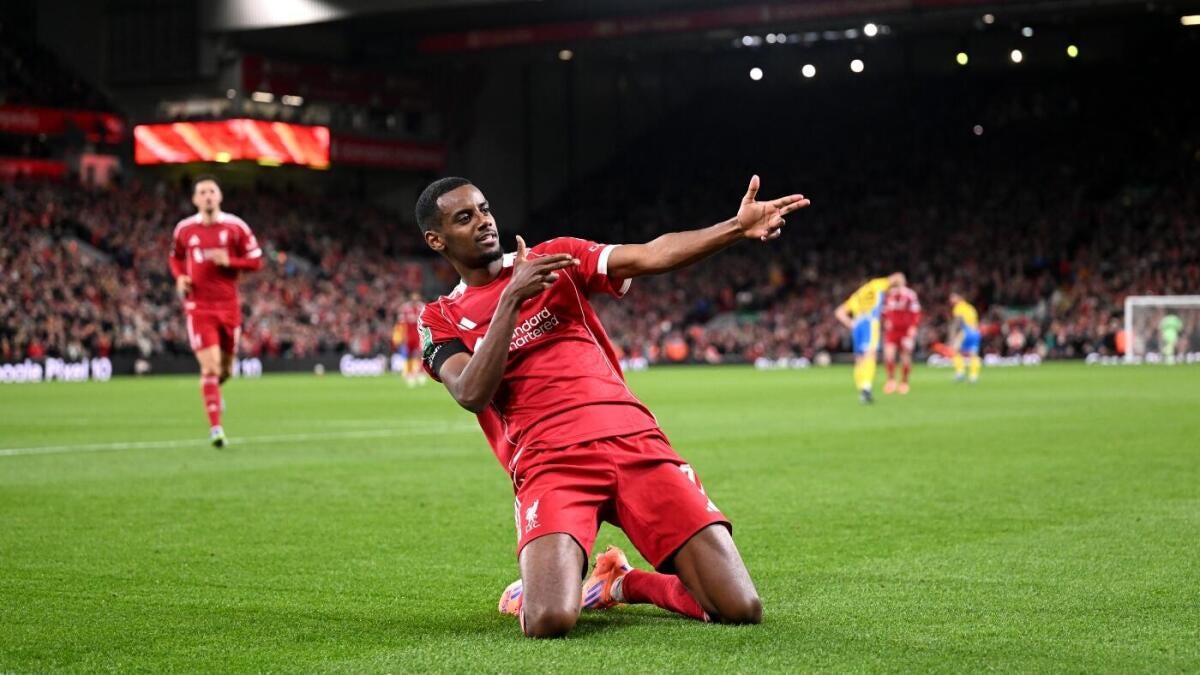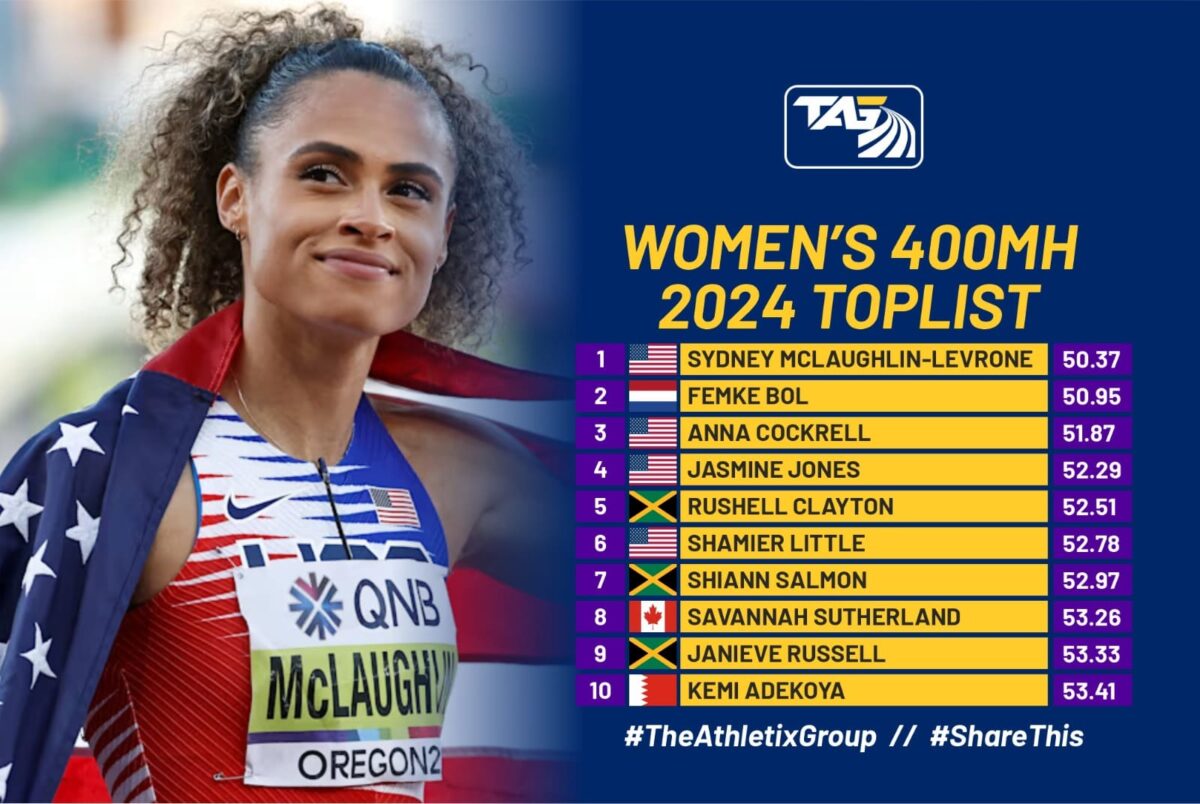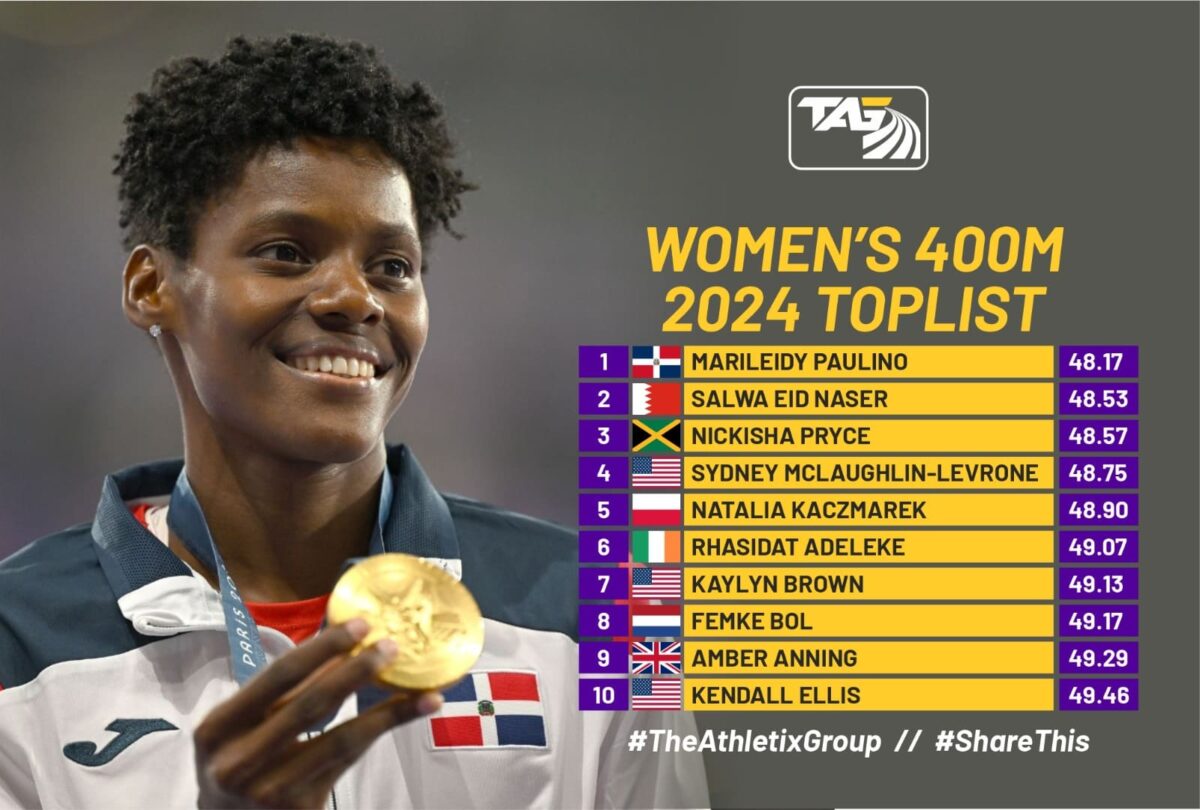
Alexander Isak scores first Liverpool goal, in line to start again after striker competitor’s silly mistake
September 24, 2025
Guard Morris agrees to 1-year deal with Pacers
September 24, 2025
Horses ridden by John Velazquez have earned more than a half billion dollars – nearly $100 million more than his nearest competitor. He’s won 6,749 races in North America, 12th all time and second behind the ageless Perry Ouzts among active riders. He’s been victorious in 776 graded stakes, 235 of them of the Grade 1 variety, including victories in all three Triple Crowns races and 21 Breeders’ Cup championship contests.
Velazquez, winner of two Eclipse Awards as outstanding jockey in 2004 and 2005, was inducted in the National Museum of Racing Hall of Fame in 2012, His peers in the jockey community honored him with the George Woolf Memorial Jockey Award in 2009 and the Mike Venezia Memorial Award in 2014.
Yet for all of his on-track success, for all the big races he’s won, the 53-year-old Puerto Rico native’s longest-lasting contribution to the sport might be through his leadership at the Jockeys’ Guild. In the wake of a disastrous period when the Guild was nearly bankrupted by its former management team, Velazquez was elected chairman in November 2005. He has worked tirelessly and effectively on behalf of his fellow riders, advocating for improved safety standards, economic conditions, and health benefits, particularly in the area of mental health. More than 20 years after first being elected chairman, he shares that leadership position as co-chairman with fellow Hall of Famer Mike Smith.
Velazquez was interviewed by Paulick Report publisher Ray Paulick.
You were in Washington, D.C., recently. What was the purpose of the visit?
We started this last year with awareness of mental health. We’ve had a couple of the guys commit suicide and so many people around the country coming out with some mental health issues and depression. Guys like Trevor (McCarthy), who is very brave, has talked about depression and trying to cope with work and the injuries and fighting his weight for so long. It’s been hard for a lot of riders. So we are trying to get support for a program that jockeys and families can go to. We met with members of Congress to see if we can to get some grants to put together a program.
We already have some something in place, Onrise, a partnership between the Guild and HISA, where jockeys around the country who might need help can call without giving their name and talk to someone. We would like to take that a step further, more concrete, giving jockeys the opportunity to go and talk with someone. If it helps save one life, it would be worth it.
What are some of the other major challenges jockeys are facing today?
Weight is one of the big issues and it’s been a problem for years. People are getting bigger and heavier. When I got here, most of the guys lost a lot of weight in the box (sauna) and purged. They’d eat and throw up the food. Seems like most of that has gone away, with the kids now knowing more about nutrition and watching what they eat. We still have many guys that lose a lot of weight in the box. That’s probably one of the most challenging issues that we face.
When European riders come here, and they have to do 118, 120 pounds, it’s tough. Ryan (Moore) asked me one day, “How do you guys do this? This is killing me every time I come over here.” I think the minimum there is 124 – something like that – and here we see 118 pounds a lot. We had a board meeting the other day, and we decided to push for a 120-pound minimum. I don’t have the problem, because I’m pretty light, but this is something that can help many jockeys who struggle with depression because of having to lose a lot of weight. They want to be 100 percent when they ride horses and not have to think about having to lose to more pounds. It will help guys concentrate on their work and not so much on losing weight.
Mike Smith (who co-chairs the Jockeys’ Guild with Velazquez) told me something that was very interesting – that it’s easier for me to put two pounds in the saddle than for him to lose two pounds. I agree. It’s not hard to get a bigger saddle or put two pounds in the saddle, which is a lot easier than the guys working hard for two or three hours to lose two pounds.
What can you tell me about how the concussion protocols brought by HISA are doing?
I can tell you that program is running, is running well, meaning that everybody has to get a concussion test every year, and everybody who was in an accident and had some sort of problem or concussion, has to be retested before they come back. So that’s going well. Everyone riding under HISA rules has to have a concussion test and a physical as well. Everyone needs to get used to it and comply, because it has worked well.
Were you involved in discussions regarding the Thoroughbred riders in Oklahoma, who chose not to ride until their fees were increased?
Yes, I got involved in the last minute. Terry (Meyocks, Guild president and CEO) and Mindy (Coleman, in-house counsel for the Guild) and the team were working on it, but over the last couple of days, I was involved in some of the phone calls. I am very proud they stuck together, and fought for something they really cared about. It is one of the most difficult things to get something done, when we have a good relationship with the racetrack, but don’t have a good relationship with the horsemen. And that was the case here. It can create a little friction between the racetrack and the Guild and the jockeys. Those riders hadn’t gotten a raise in 15 years. It’s crazy they had gone that long, and it’s crazy that they had to go that far to get what they deserved. These guys work for free every morning – not just breezing horses, but galloping or jogging them. They get on six, seven, eight horses every morning just to get a mount in the afternoon. I don’t understand where the horsemen were coming from, that they didn’t deserve a penny more.
You have a busy schedule, you have a family. Why have you personally made such a commitment to the Guild for so many years?
Giving back. I feel very fortunate that we have this organization that has helped us get to the place we are right now. Not just pay scale, but what about ambulances? What about paramedics and racetrack safety rails, starting gate issues? Trying to implement protocols that are safe. Everything we do is to try and minimize injuries, and that helps the racetracks, right? It helps on insurance, minimizing injuries means it will cost less for doctors and hospitals. We are just trying to make it a better place to go to work and have the facilities that we need, and the help that we need – and that helps the racetracks as well. If we have the proper help, the ambulance and paramedics, every time we have an accident, the patient will be taken care of the proper way. We don’t know what kind of injuries that you may have when you have an accident, so all protocols need to be in place. Every sport has done this, minimizing injuries. We might save somebody’s life or prevent an injury from being much worse. It’s a battle all the time, to try to get the protocols done right and properly. But it benefits all of us, including me.

You’re 53 years old now and still on top of your game. How do you manage to stay fit the way you are and mentally fresh after all these years?
Staying physically fit is probably the easiest part of it. I stay pretty busy and don’t ride a lot of horses so I make sure I exercise. I bike, or walk or swim and I do stretches. The stretches is probably what I do most to keep my body tight and fit. I’ll get on the Equicizer or bike or swim, and will get on horses in the morning. That’s part of getting my body fit, so I try to get on a few horses..
Mentally is probably the hardest part. There are the ups and downs you get. Thankfully I’ve been pretty healthy. You ride good horses and sometimes it works for you and sometimes it doesn’t. So you try to stay positive when it doesn’t, but when it does work, you enjoy that part of it. And that’s what keeps me coming back. When I get a good horse, I get very excited. I’m very competitive, and I think most jockeys are. But for me, a good horse puts that fire in me, to continue coming back and keeps me excited.
Have you looked at a timeline as far as how much longer you hope to ride?
It’s funny, but I haven’t, and everybody asks me the same question. First of all, thank God, I’m healthy. I feel great. And I’m riding shorter than I was when I was in my 30s. I was looking up a couple videos back when I was in my 30s and it was, like, wait a minute, I’m riding shorter now than I was back then. It’s kind of weird that most people at my age, the stirrups come lower, and I’m doing the opposite, I’m going higher. And I don’t know why. I just still feel more comfortable this way. I think my balance is better. I know I’m stronger. So I’m not putting a timeline on when I think I’m going to retire. If I’m getting good horses, like who I’m getting this year, it keeps me excited, keeps me coming back for more. Hopefully I’ll say healthy, and when the day comes that I don’t see that I’m getting horses that excite me, I may say goodbye.

Do you have a favorite horse among all the good ones you’ve ridden?
I’d have to say Wise Dan was my favorite horse. He was a difficult horse to ride, but he ran everywhere and ran on everything. When I first rode him, it was on the dirt, then went to the Polytrack, then to the grass. He was a fun horse to ride. He was one of those horses who was interesting to ride and could get you out of trouble, at any part of the race. If he was behind horses and if you see a little hole there and drop your hands, he’s going to go through that hole, no matter what
How about a best horse you’ve ridden?
Wise Dan (laughs). Yeah, I’m gonna say the same thing. I’m very, very blessed that I’ve ridden so many good horses. Incredible, really. The people that I ride for and the opportunities that I’ve been given so far in my career, it’s crazy. Winning the Derby three times and all those good horses in the Breeders’ Cup and other big races. Without those horses, I wouldn’t be where I am.
This story was originally reported by Paulick Report on Sep 23, 2025, where it first appeared in the Features section. Add Paulick Report as a Preferred Source by clicking here.







